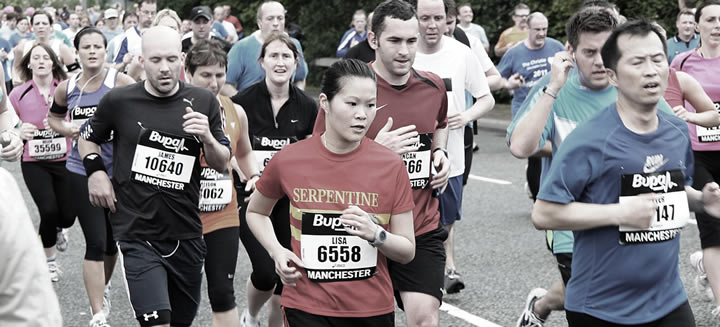Caffeine, Athletic Performance, and Weight Training

Does caffeine enhance athletic performance?
After all it is one of the primary ingredients in most of the 100’s of pre-workout supplements that entice athletes with extraordinary claims of increased stamina and gains.
But, does caffeine really make that much difference and is it safe to use large doses of caffeine during strenuous exercise?
Let’s take a look at what the research says as well as try to establish some safety guidelines to follow for those wishing to use caffeine to boost athletic performance.
Research on Athletic Performance and Caffeine
1. According to Journal of Applied Physiology, athletes that consumed caffeine and carbs after strenuous exercise had 66% more glycogen in their muscles than athletes who just ingested carbs alone post workout.
Glycogen is important because it is the fuel muscles use to function. Therefore, increasing glycogen levels after a hard workout will help athletes recover faster and perform better during the following day’s workout whether they’re running ten miles, lifting weights, or simply working out in therapeutic pools.
Note: These results were found when consuming caffeine along with carbs after exercise. src.
2. The Journal of Strength & Conditioning Research conducted a systematic review of 29 studies related to caffeine and athletic performance. They were trying to establish if caffeine prior to exercise acted as a performance aid. Here’s what the researchers concluded:
- 11 out of 17 studies showed caffeine ingestion yielded significant improvements in exercise performance.
- 6 out of 11 studies revealed benefits of caffeine use during resistance training.
- Some studies showed decreased performance when multiple workouts were completed one after the other. src.
3. A study published in Medicine and Science in Sports and Exercise found that caffeine increased oxidative stress and anti-inflammatory response in long distance runners after completing a 15k run. In this case caffeine was ingested prior to the run. src.
4. Another study published in The FASEB Journal showed that caffeine doesn’t seem to help with post workout muscle protein synthesis. Basically, this means that caffeine does not help increase muscle mass. Note that this study was performed on rats, not humans. src.
5. A July 2014 study published in the Journal of Muscle and Nerve found that caffeine did increase muscle torque and activity during strength training exercise. One group of participants was given 6 mg of caffeine per kilogram of their body weight and they significantly out-performed the placebo group. Src.
6. An October 2014 study published in The Journal of Applied Physiology found that caffeine increased the level of enjoyment from exercise and caused the test subjects to burn more calories and consume less calories after exercise. Src.
7. A study published in May 2017 showed that even athletes habituated to caffeine still experienced enhanced performance benefits from a caffeine dose of 400 mg prior to cycling. 40 endurance-trained cyclists participated in the study and despite their differences in daily use of caffeine, their performance was better with the caffeine supplement than with the placebo. Src.
Safety of Large Caffeine Amounts During Exercise

Some workout products contain large doses of caffeine, sometimes over 400mg per serving. This could be a potentially dangerous combination for some people.
Since exercise raises blood pressure and so does caffeine, some people may experience dangerously high blood pressure levels due to the caffeine and exercise combined.
Steps to ensure safety when using caffeine to enhance athletic performance.
- Be aware of how much caffeine the product contains and your total caffeine consumption for the day. No more than 400mg is generally considered safe.
- Know your heart health status including blood pressure and any heart rhythm problems prior to using workout supplements.
- Understand your tolerance to caffeine. Athletes would be wise to start with a 1/2 serving of a particular supplement and assess how his/her body reacts.
- Heed the product warning label and consume no more than the recommended daily serving.
Note: Some workout supplements have multiple stimulants in them such as yohimbe. This can further amplify the potential negative side effects of the product.
While there is some evidence that caffeine may aid in increasing athletic performance in some sports, caution should be used by athletes who wish to use caffeine while exercising.
For some athletes the gains might not be worth the health risk.
See Also: Caffeine in Workout Supplements Guide
-
References:
- Duncan, M. J., Thake, C. D., & Downs, P. J. (2014). The effect of caffeine ingestion on torque and muscle activity during resistance exercise men. Muscle & nerve.
- Schubert, M. M., Hall, S., Leveritt, M., Grant, G., Sabapathy, S., & Desbrow, B. (2014). Caffeine consumption around an exercise bout: effects on energy expenditure, energy intake, and exercise enjoyment. Journal of Applied Physiology, 117(7), 745-754.
- Lead image credit

Get Help Quitting Caffeine
Reduce your caffeine intake without pain and discomfort.
Download our FREE ebook




